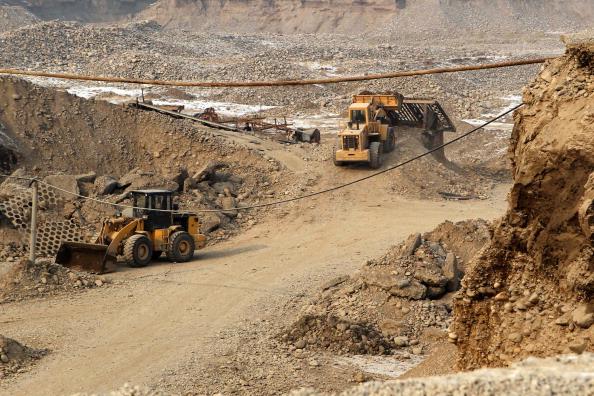The warning came in August, when the anti-corruption watchdog agency in China’s Hunan Province asked local public officials to voluntarily give up their illegal business dealings. They had until Sept. 30 to come clean and cease their involvement.
Apparently, they didn’t heed the warning. On Dec. 6, China’s Central Commission for Discipline Inspection (CCDI), the central anti-corruption authorities, announced that 13 public officials have received either a warning or punishment, in violation of Hunan’s public official guidelines that forbid public officials, their spouses, and children from involvement in six different sectors, including mining, sand and gravel, fishing, hydropower, firecrackers, and dangerous chemicals.



